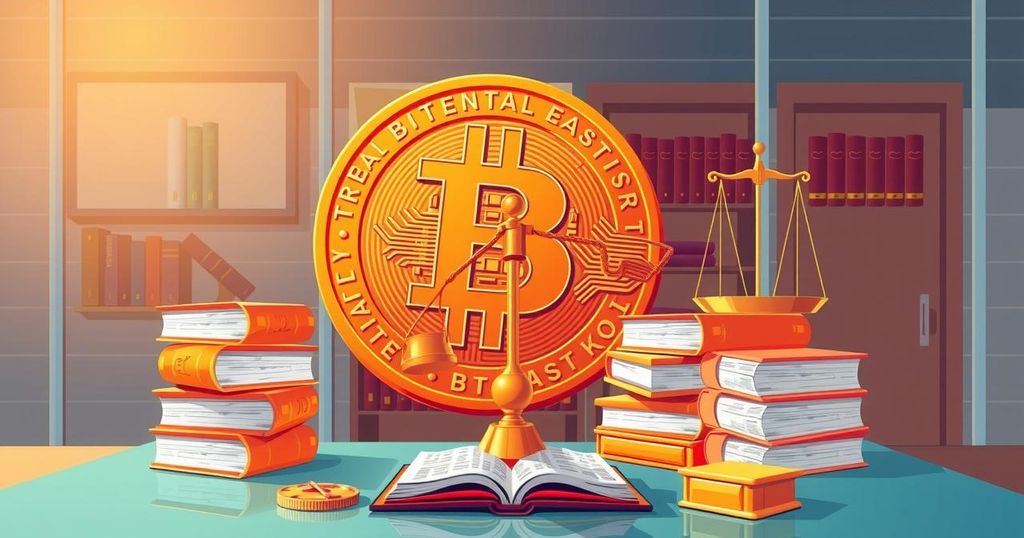A new bill in Brazil allows partial salary payments in cryptocurrencies like Bitcoin, capping them at 50%. Introduced by Deputy Luiz Philippe de Orleans e Bragança, it mandates that employers must also pay a portion in Brazilian real. Exemptions exist for expatriates, while independent contractors can receive full crypto payments under contractual terms.
Brazilian lawmakers are currently deliberating on a proposed bill aimed at regulating the payment of employee salaries through cryptocurrencies such as Bitcoin. Introduced by Federal Deputy Luiz Philippe de Orleans e Bragança on March 12, the bill, known as PL 957/2025, seeks to legalize voluntary and partial salary payments in digital currencies, while mandating that a portion of the payment be made in Brazilian real.
The bill stipulates that Bitcoin and similar cryptocurrencies may comprise up to 50% of an employee’s salary, thereby ensuring that no salary payments can be made exclusively in digital assets. This restriction does not apply to expatriate employees or foreign workers, who may be exempt under guidelines set by the Central Bank of Brazil. Furthermore, the proposed legislation allows independent service providers to receive full payments in cryptocurrencies, contingent upon specific contractual agreements.
Employers are required to adhere to an exchange rate for cryptocurrency conversions, which must align with the rates issued by an institution authorized by the Central Bank of Brazil. As this legislative matter is still evolving, additional updates will be provided as they emerge.
In summary, Brazilian lawmakers are taking significant steps towards formalizing the use of cryptocurrencies in salary payments via the proposed bill PL 957/2025. This legislation seeks to regulate the employment of Bitcoin for compensation while ensuring a portion remains in the national currency. The new bill could promote broader acceptance of cryptocurrencies in Brazil’s labor market, with specific caps and conditions for their usage.
Original Source: cointelegraph.com






